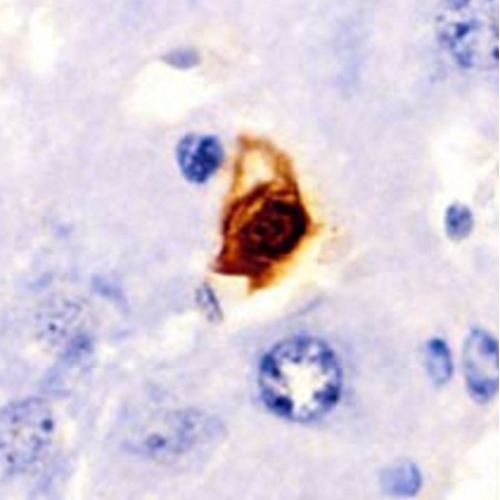Physical exercise has been known to be significantly effective for maintaining physical health and preventing many chronic pathologies brought about by old age. However, the regulatory mechanisms responsible for exercise's benefits on health still remain unclear.
Cellular senescence leads to halt in cell repair and multiplicationand is one of the established pathways of ageing. As cells grow old, they start to accumulate in the body. This leads to the origin of various diseases that we associate with old age like cancers, cardiovascular and neurological disorders.
A recent study aimed to investigate if intensive endurance exercise over long durations affects this process of morbidity induced by buildup of senescent cells in the body. The study was conducted by collaboration between University of Groningen, Washington University School of Medicine, University of Palermo and other institutions from USA, Italy and Australia.
Cell senescence: a necessary evil
Cellular senescence is an important process for regulating aging and tumour formation. When a cell experiences damage to its DNA or mitochondria, it can enter a state of growth arrest characterized by certain features, such as increased lysosomal activity and the production of certain proteins. However, if these cells persist in the body, they can cause chronic inflammation and abnormal growth through the production of a mix of proteins via Senescence-Associated Secretory Phenotype (SASP).
Importance of Regular Exercise
Regular physical training has been the foundation of healthy living for a long time. Countless studies involving both human and animal subjects have shown the positive impact of aerobic exercise on various functions of the body such as glucose tolerance, insulin sensitivity, and lipid metabolism. Regular exercise training also reduces inflammation and stress from free radicals by reducing gut adipose content and improving cardiovascular function in overweight individuals.
Studies have implied an inverse proportional relationship between regular exercise training and risk for 13 different types of cancer, specifically for colon and breast cancer. Regular physical activity has even been shown to improve prognosis among patients of these cancers. Regular exercise influences DNA and cellular repair, and controlled death of permanently damaged cancer cells by influencing their metabolism and senescence pathways.
The Study
The study involved colon mucosa (inner lining, aka mucous membrane) biopsies of master athletes who had been running an average of 48 miles/week for an average of 21 years. Participants in the study were endurance runners consuming usual American diets, age- and sex-matched sedentary controls eating Western diets, and very young sedentary controls. The study aimed to investigate the effects of chronic intensive endurance exercise training on cardiometabolic health and candidate biomarkers of cell senescence in colon mucosa biopsies.
Some of the statistics monitored for the study group individuals included:
- DXA body fat percentage
- lean mass
- resting heart rate
- total cholesterol
- HDL ratio
- triglycerides to HDL ratio
- fasting glucose
- fasting insulin
- P16 mRNA abundance
Results
The study found that inflammatory markers p16 and IL-6, which are strongly associated with ageing, were significantly raised in the mucosal lining of colon in middle-aged and older overweight individuals compared to young people. However, this trend of raised markers was not seen in endurance athletes.
Another significant observation was the increased triglycerides to HDL ratio which was linearly proportional to the p16 level rise in the body. This ratio has a strong correlation to risk of colon adenoma (benign tumor) and deranged cardiometabolic function. It is important to note that these observations were found on consistent high volume endurance exercise and not low volume exercise.
Conclusion
The study concludes that a long-term routine of endurance exercises involving high-volume high-intensity workouts can significantly contribute to blocking the collection of ageing cells in tissues of body like colon mucosa which have higher chances of cancer occurrence with progressive age. However, further studies are necessary to determine whether this also influences other tissues similarly and to explore the exact cytological and chemical pathways by which exercise exhibits its protective influence on senescent cells.
Author: Joydev Bhattacharjee
Reference
Demaria, M., Bertozzi, B., Veronese, N. et al. Long-term intensive endurance exercise training is associated to reduced markers of cellular senescence in the colon mucosa of older adults. npj Aging 9, 3 (2023). https://doi.org/10.1038/s41514-023-00100-w








